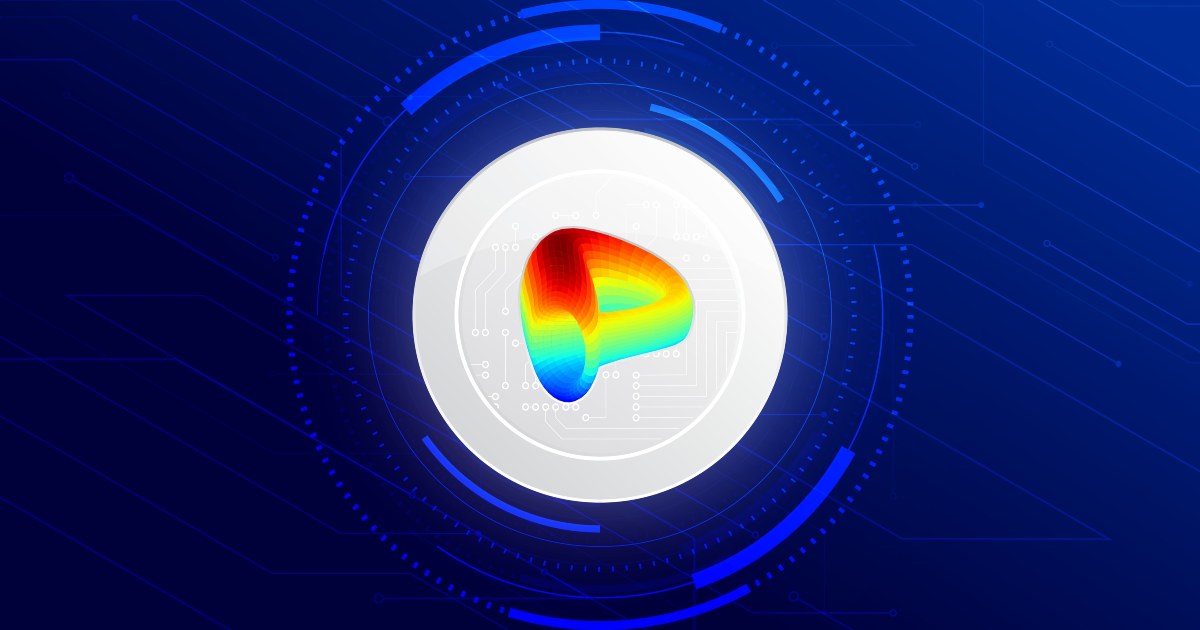In the past, cryptocurrency mining has depended on the power-hungry Proof-of-Work (PoW) consensus process. Alternative mining techniques, on the other hand, that offer scalability, energy efficiency, and minimal environmental impact, have recently attracted more attention. Proof-of-Stake (PoS) and Proof-of-Authority (PoA) are two well-known alternatives that are gaining popularity.
The potential for various mining options to disrupt the bitcoin ecosystem is examined in this article along with their distinctive features. Readers can get a comprehension of the advantages and factors of PoS and PoA and learn more about the developing field of bitcoin mining.
Proof-of-Stake (PoS) Is Growing
An alternative consensus technique that differs greatly from PoW is called Proof-of-Stake (PoS). The PoS system bases the act of adding new blocks and validating transactions on the possession of a cryptocurrency. Validators are chosen based on the number of coins they hold and are willing to 'stake' or 'lock up' as collateral, as opposed to miners competing on processing power.
PoS's energy efficiency is one of its main benefits. In contrast to PoW, which necessitates powerful computing power, PoS is supported by the financial stake of players. As a result, mining activities have a substantially smaller carbon impact, allaying environmental concerns.
Another advantage of PoS is the possibility of greater scalability. Validators are not constrained by computing power or specialized gear because they are chosen based on their stake. PoS-based blockchains can handle more transactions per second thanks to their scalability, which improves the capacity and efficiency of the network.
In addition, PoS promotes long-term investment and lessens the possibility of 51% attacks. As any malicious activity would result in a loss of their investment, validators with a sizable stake in the network are motivated to act in its best interests. This incentive alignment improves network integrity and security.
Proof-of-Authority (PoA)
Another mining option is Proof-of-Authority (PoA), which has distinct advantages in particular use scenarios. Instead of relying on computational power or stake ownership, PoA pre-approves and identifies block validators based on their reputation and authority. These validators are frequently regarded as trustworthy institutions, such as reputable businesses or people.
PoA offers greater scalability because transactions can be executed fast by validators who have already been accepted. This makes it appropriate for private networks and enterprise blockchains where consensus is formed by trusted parties rather than by anonymous miners. PoA also provides greater transaction finality because validators' authority lessens the possibility of forks or disagreements.
Since PoA reduces the need for resource-intensive mining processes, energy efficiency is increased and prices are decreased. PoA blockchains can run on less powerful hardware because they don't require sophisticated computations, making them more accessible and affordable to the maintain.
Factors to Consider and Challenges
PoS and PoA have many benefits, but they also have certain drawbacks. The possibility of centralization is one issue. Decentralization in PoS may be compromised if a small number of participants control a large portion of the network due to wealth concentration. Similar to this, PoA depends on trusted parties, which, if not well handled, could lead to centralization issues.
The change from PoW to PoS or PoA presents another difficulty. To integrate these options, existing blockchains based on PoW consensus would need substantial upgrades and community support. Additionally, because early adopters may have a large benefit, guaranteeing a fair distribution of ownership or authority can be challenging.
Additionally, the reliability and honesty of validators or authorities play a critical role in the security of PoS and PoA systems. PoS requires robust protocols and methods to mitigate vulnerabilities like 'nothing at stake attacks' and 'long-range attacks' to stop bad conduct.
Additionally, it can be difficult for the larger bitcoin community and industry stakeholders to adapt and accept PoS and PoA. To ensure understanding, trust, and wide adoption gain popularity, education and awareness initiatives are required.
Exploring Alternatives to PoS and PoW Mining in the Cryptocurrency Space
As the industry continues to evolve, alternative consensus algorithms have emerged, offering different approaches to validating transactions and securing blockchain networks.
The suitability of each consensus mechanism depends on the specific requirements of a blockchain network and the goals of its participants. Nonetheless, it is essential to consider factors such as security, scalability, decentralization, and the unique characteristics of the cryptocurrency project when evaluating alternatives to PoS and PoW.
Ultimately, the exploration and adoption of alternative consensus mechanisms contribute to the ongoing innovation and evolution of the blockchain ecosystem.
Delegated Proof of Stake (DPoS)
Delegated Proof of Stake (DPoS) is a consensus mechanism that combines the advantages of PoS with a more efficient and scalable approach. In a DPoS system, token holders elect a limited number of delegates or witnesses to validate transactions and produce blocks on their behalf. These delegates are responsible for maintaining network security and reaching consensus.
DPoS offers several benefits, including increased transaction speed and scalability, as the number of validating nodes is limited. Additionally, DPoS allows token holders to participate in network governance by voting for delegates, promoting community engagement and decentralization.
Proof of Authority (PoA)
Proof of Authority (PoA) is a consensus mechanism that relies on identified and trusted validators rather than anonymous miners. In a PoA system, validators are selected based on their reputation, expertise, or authority within the network. These validators are responsible for validating transactions and maintaining network security.
PoA offers advantages such as fast block confirmation times and high throughput, as there is no need for computationally intensive mining processes. However, PoA systems are typically more centralized compared to PoS or PoW, as the validators' identities are known, potentially compromising the level of decentralization.
Proof of Capacity (PoC)
Proof of Capacity (PoC), also known as Proof of Space, is a consensus mechanism that utilizes available storage space rather than computational power. In a PoC system, participants allocate their unused hard drive space to store cryptographic proofs. The ability to present a valid proof allows participants to mine new blocks and secure the network.
PoC offers advantages in terms of energy efficiency and accessibility since it requires less computational power compared to PoW. It also allows individuals with lower-end hardware to participate in the mining process. However, PoC systems may require a significant amount of initial disk space allocation, and their security is dependent on the size and quality of the storage capacity.
Proof of Elapsed Time (PoET)
Proof of Elapsed Time (PoET) is a consensus mechanism that aims to achieve fairness and energy efficiency by allowing participants to 'sleep' for a randomly selected period, similar to a lottery. Participants are assigned a time slot during which they are expected to remain inactive. The participant who completes their time slot first is granted the right to mine the next block.
PoET offers advantages in terms of energy efficiency, as it eliminates the need for computational competition and reduces the overall energy consumption. However, PoET systems still require participants to remain online during their time slots, which can introduce centralization concerns.
Conclusion
Blockchain technology is still evolving, as evidenced by the growing interest in cryptocurrency mining alternatives like Proof-of-Stake (PoS) and Proof-of-Authority (PoA). Compared to the standard Proof-of-Work (PoW) method, these alternatives are more environmentally friendly, have greater scalability, and are more energy efficient. PoS and PoA offer special advantages such as improved network security, transaction finality, and less resource usage. However, difficulties with implementation, security, and centralization must be properly addressed. The adoption of these mining substitutes has the potential to transform the sector and open the door for more resilient and effective blockchain networks as the bitcoin landscape continues to change.
This article was written by FM Contributors at www.financemagnates.com.
You can get bonuses upto $100 FREE BONUS when you:
💰 Install these recommended apps:
💲 SocialGood - 100% Crypto Back on Everyday Shopping
💲 xPortal - The DeFi For The Next Billion
💲 CryptoTab Browser - Lightweight, fast, and ready to mine!
💰 Register on these recommended exchanges:
🟡 Binance🟡 Bitfinex🟡 Bitmart🟡 Bittrex🟡 Bitget
🟡 CoinEx🟡 Crypto.com🟡 Gate.io🟡 Huobi🟡 Kucoin.














Comments